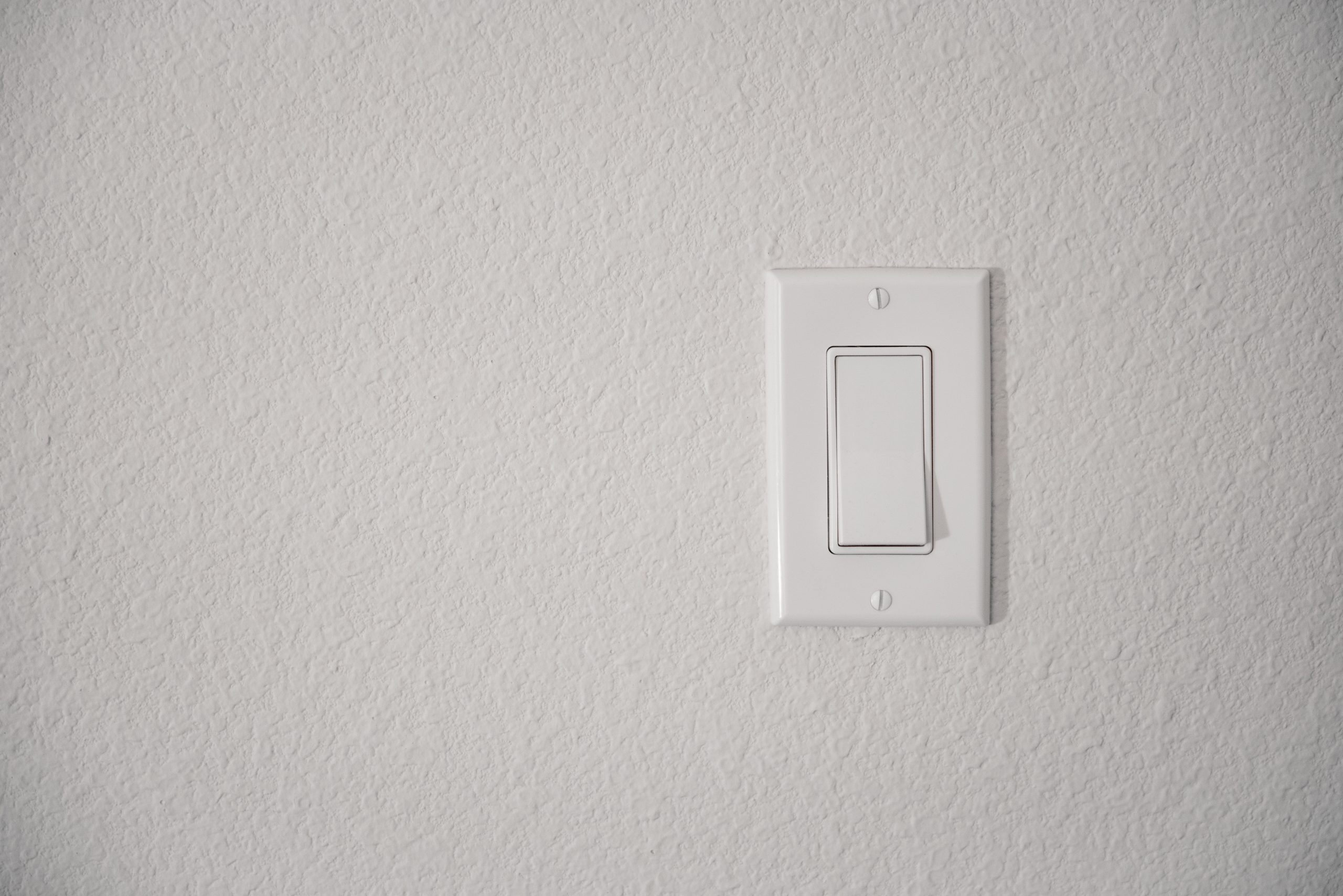Objective:
‘Circuit Theory’ course deals with basic electrical components, laws, methods that can be used to construct and analyse electrical networks.


Course outcomes
At the end of this course, students will be able to
Explain the working principle of basic electrical components such as resistors, inductors, capacitors, etc.,
Use basic electrical laws such as Ohm's law, Kirchoff's law, etc., in solving electrical problems.
Analyze the given electrical circuit using basic electrical laws.
Analyze the given electrical circuit both in time domain and frequency domain.
Explain the difference between resistance, reactance and impedance.
Apply graph theory in analyzing electrical networks.
Topics Covered!!!
Basics: Electric charge, Electric current, Voltage, Power and Energy.
Electrical components: Resistor, Inductor, Capacitor, Transformer.
Circuit analysis: Node and mesh analysis, Superposition, Thevenin’s theorem, Norton’s theorem, Reciprocity, Wye-delta transformation.
Sinusoidal steady state analysis: Phasors, Complex power, Maximum power transfer.
Time and frequency domain analysis of linear circuits: RL, RC and RLC circuits, Solution of network equations using Laplace transform.
Linear 2-port network parameters.

Contact Us
- admin@homeofece.in